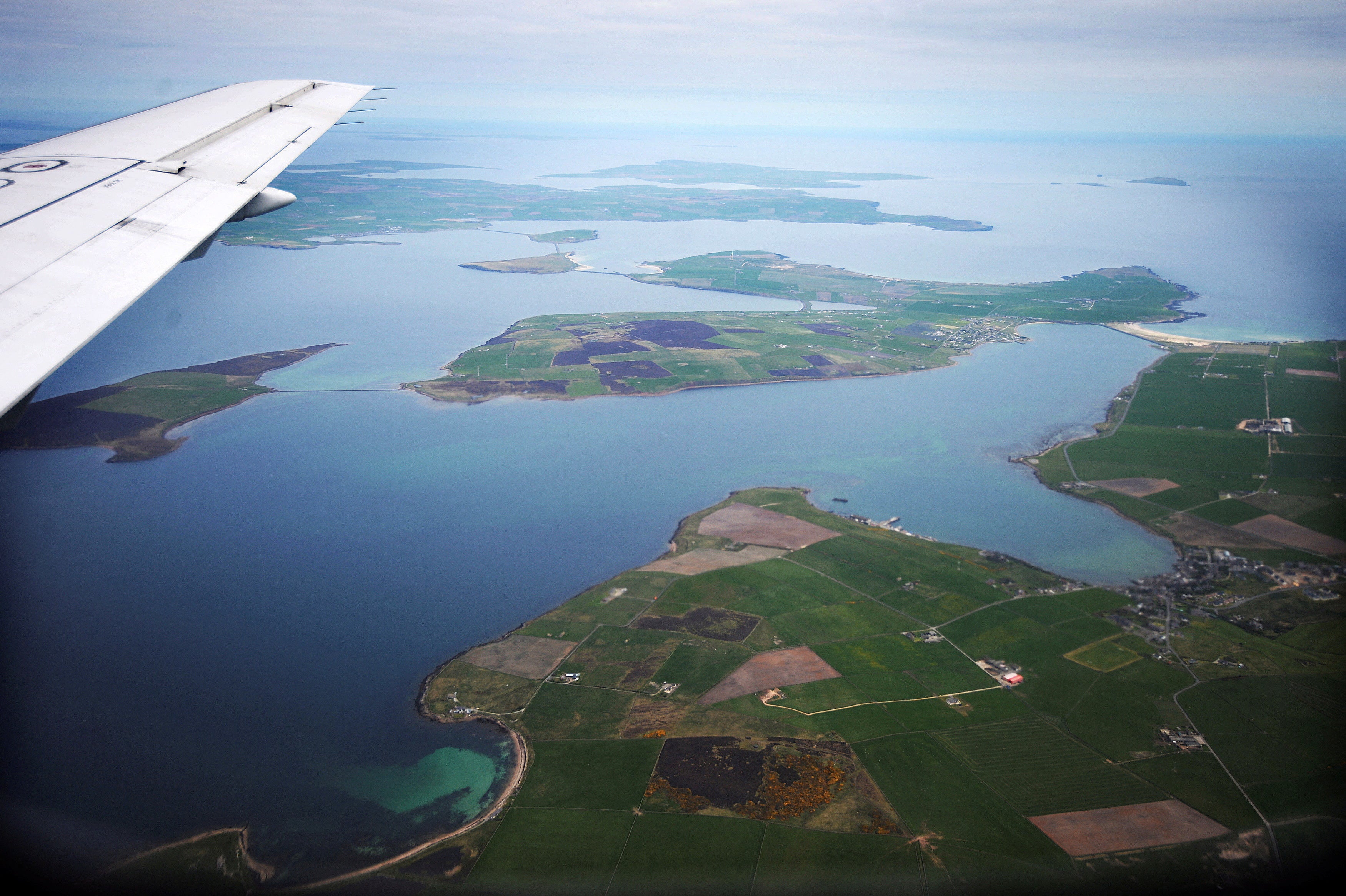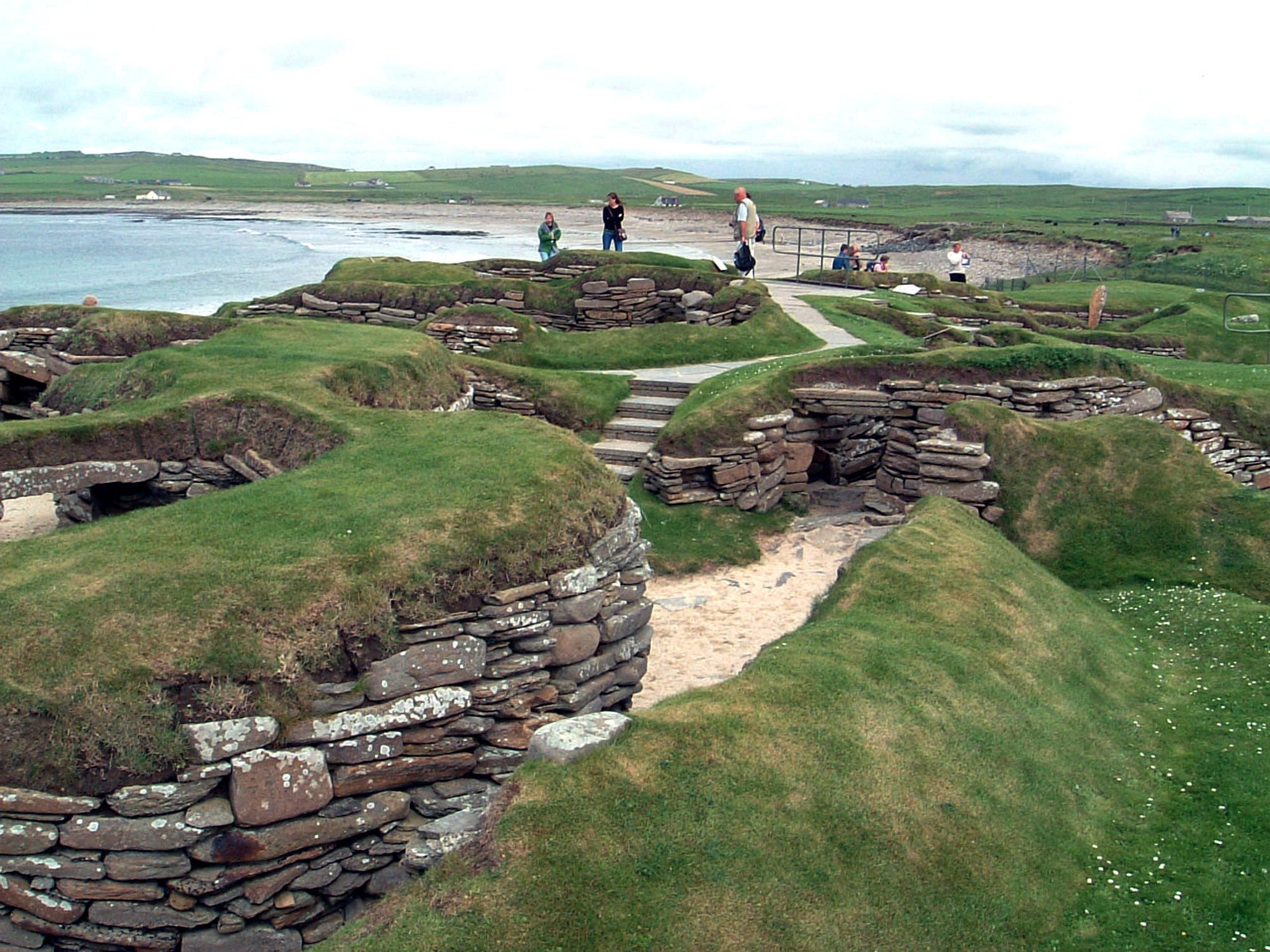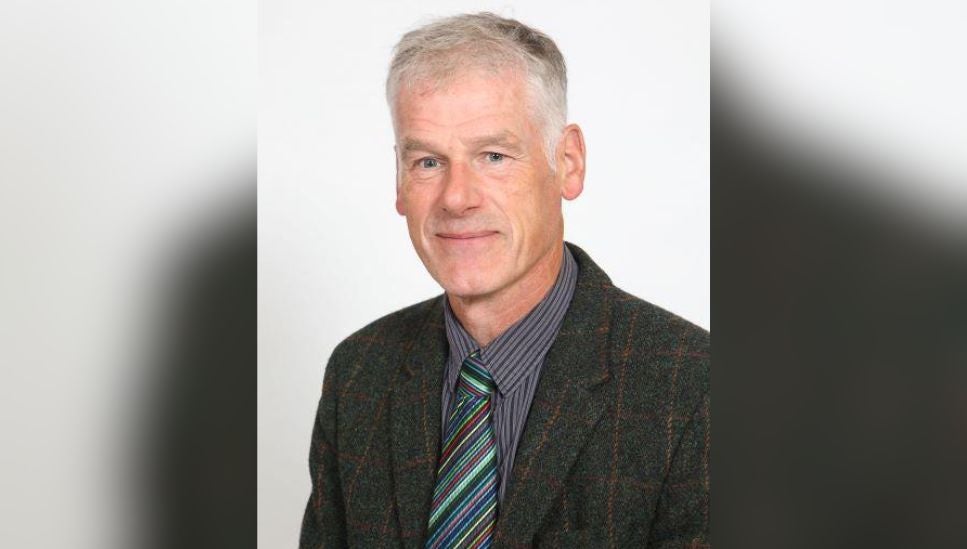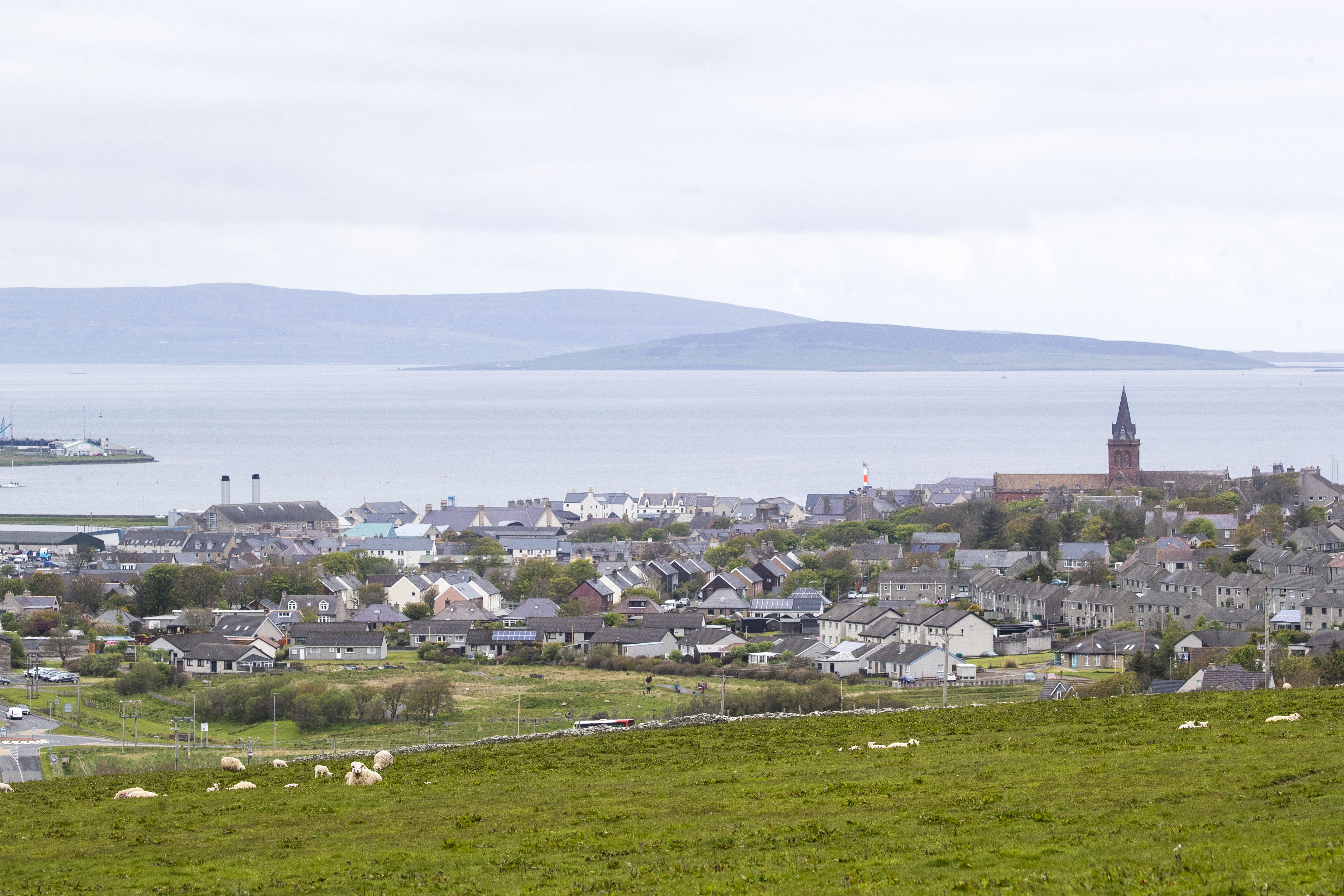Orkney to join Norway? No 10 says no way, but islanders have a grudge to bear
The island’s council have voted to explore leaving the United Kingdom, writes Oliver Pritchard-Jones

Your support helps us to tell the story
From reproductive rights to climate change to Big Tech, The Independent is on the ground when the story is developing. Whether it's investigating the financials of Elon Musk's pro-Trump PAC or producing our latest documentary, 'The A Word', which shines a light on the American women fighting for reproductive rights, we know how important it is to parse out the facts from the messaging.
At such a critical moment in US history, we need reporters on the ground. Your donation allows us to keep sending journalists to speak to both sides of the story.
The Independent is trusted by Americans across the entire political spectrum. And unlike many other quality news outlets, we choose not to lock Americans out of our reporting and analysis with paywalls. We believe quality journalism should be available to everyone, paid for by those who can afford it.
Your support makes all the difference.A fresh independence row is brewing in Scotland that could spark an unexpected new alliance for the residents of the remote Orkney islands.
Orkney council leader James Stockan claims it is time for the islands to consider reviving its historic links with Norway and put forward a motion for a vote on exploring leaving the United Kingdom.
Downing Street shut down suggestions that the islands could loosen ties with Scotland and Westminster, with Rishi Sunak’s official spokesman telling reporters on Monday: “Fundamentally, we are stronger as one United Kingdom, we have no plans to change that. We’ve got no plans to change the devolution settlement.”
But “frustration” with years of underfunding prompted a highly-publicised vote. On Tuesday, councillors in Orkney backed Mr Stockan’s motion and voted to explore alternative forms of governance.

Former Orkney Council deputy leader Leslie Manson explained that despite the island lobbying for many years, it had received a lack of response from both Holyrood and Westminster.
“We don’t vote for the Tories, so we are out of favour with Westminster. We don’t vote SNP, so we are out of favour with Holyrood,” he told The Independent.
The “substantive” underfunding has equated to Scotland’s smallest council receiving hundreds of pounds less per person than other areas, the councillor for Kirkwall West and Orphir claimed.
This includes the nearby Western Isles and Shetland which get a “much better crack of the whip”, he said.

And while the issues range far and wide, Mr Manson – who has an MBE for services to Scottish education and the community in Orkney – claimed issues around replacing the islands’ ageing ferries were the “straw that broke the camel’s back”.
He described the fleet, some of whose boats are 40 years old, as the “lifeblood” of remoter islands especially. But they are becoming increasingly unreliable, presenting issues for people who use them for everyday tasks like commuting.
This has prompted the council to appeal for help from the Scottish and UK governments to help with the more than £100 million required for a new fleet, Mr Manson said.
While there would be a cost with exploring leaving the UK to become Norwegian, he said it would be “peanuts” in comparison.
“There are a number of people who would like to disentangle us from the British and Scottish governments,” he said.

“But that’s not really what the report (which is the basis of today’s vote) is saying. It is saying – should we invest the time, energy and finance in exploring other options?”
Orkney was under Norwegian and Danish control until 1472 when the islands were given to Scotland as part of Margaret of Denmark's wedding dowry to King James III of Scotland.
Mr Manson said the vote was proposed by Mr Stockan and so “most of the other members won’t have had much involvement” until the Tuesday vote.
“We are exploring it but we are long, long way from making a decision,” he explained.
“We haven’t looked carefully into the options yet. That’s all to be explored and to be looked into.”
But the vote being passed is the “first step” towards leaving the UK.
One of the initial tasks would be to reach out to Norway – something which has not yet happened, he said.
And while there are many people on the islands who want to leave the UK, he admitted that “many people will be sceptical”.
“It’s a wee bit like the mouse that roars,” he added. “The whole concept does lend itself to a degree of ridicule.”
Speaking to BBC Radio Scotland after the vote was called, Mr Stockan had said he wanted the council to look at other Crown dependencies, such as the Channel Islands and overseas territories like the Falkland Islands.
He even suggested examining a model based on the Faroe Islands, which is a self-governing territory of Denmark.
The radical action was prompted because many areas where Orkney was being "failed dreadfully" by both the UK and Scottish governments, he said.

Despite blanket coverage of the vote, both Westminster and Holyrood have done their best to downplay its significance.
Last night, Mr Sunak’s spokesman insisted there was “no mechanism for the conferral of crown dependency or overseas territory status on any part of the UK”.
In an earlier statement, the UK government said it was providing £50m to grow the economies of Scotland's Islands, including Orkney.
A spokesperson said: "We will always be stronger together as one United Kingdom, and we have no plans to change the devolution settlement."
The Scottish government said in 2023-24 Orkney Islands Council would receive £89.7m to fund services, with an extra £4.6m from an increase in council tax by 10 per cent.
A Scottish government spokesperson said it was "committed to supporting island communities".






Join our commenting forum
Join thought-provoking conversations, follow other Independent readers and see their replies
Comments